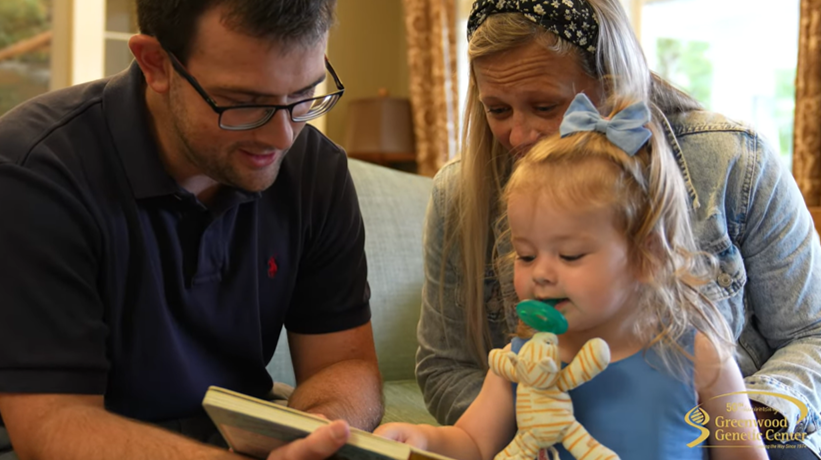14 days
81404
$650
Central hypoventilation syndrome is an autosomal dominant disorder that is characterized by shallow breathing with occasional apnea. Age of onset is typically in the newborn period, and the features are due to autonomic dysregulation. Other symptoms may include cardiac arrhythmias, temperature instability, profuse sweating, and diminished reactivity of the pupils. Hirschsprung disease occurs in up to 20% of affected individuals with severe constipation in a significant number of additional patients. An increased risk for neural crest tumors such as neuroblastoma, ganglioneuroma, and ganglioneuroblastoma is present with a higher risk among individuals with non-polyalanine expansions in PHOX2B. Ventilatory support is required throughout life although some individuals will only require support during sleep.
Sanger Sequencing
Sequencing analysis can detect approximately 99% of pathogenic variants within PHOX2B. There are three types of PHOX2B pathogenic variants: polyalanine repeat expansion mutations, non-polyalanine repeat expansions (typically small out-of-frame deletions or duplications), and whole-gene or exon 3 deletions. This analysis can detect polyalanine repeat expansion mutations and non-polyalanine repeat expansions. Additionally, deletion/duplication analysis may be needed to identify whole-gene or exon 3 deletions.
The preferred sample type is 3-5 ml of peripheral blood collected in an EDTA (purple top) tube. Extracted DNA, dried blood spots, and saliva are also accepted for this test. Saliva samples must be submitted in an approved saliva kit. Contact the lab to receive a saliva kit or to have one sent to your patient.
The specimen should be kept at room temperature and delivered via overnight shipping. If shipment is delayed by one or two days, the specimen should be refrigerated and shipped at room temperature. Do not freeze the specimen. Samples collected on Friday can be safely designated for Monday delivery.
Call our laboratory at 1-800-473-9411 or contact one of our Laboratory Genetic Counselors for assistance.
Robin Fletcher, MS, CGC
Falecia Thomas, MS, CGC
Alex Finley, MS, CGC
